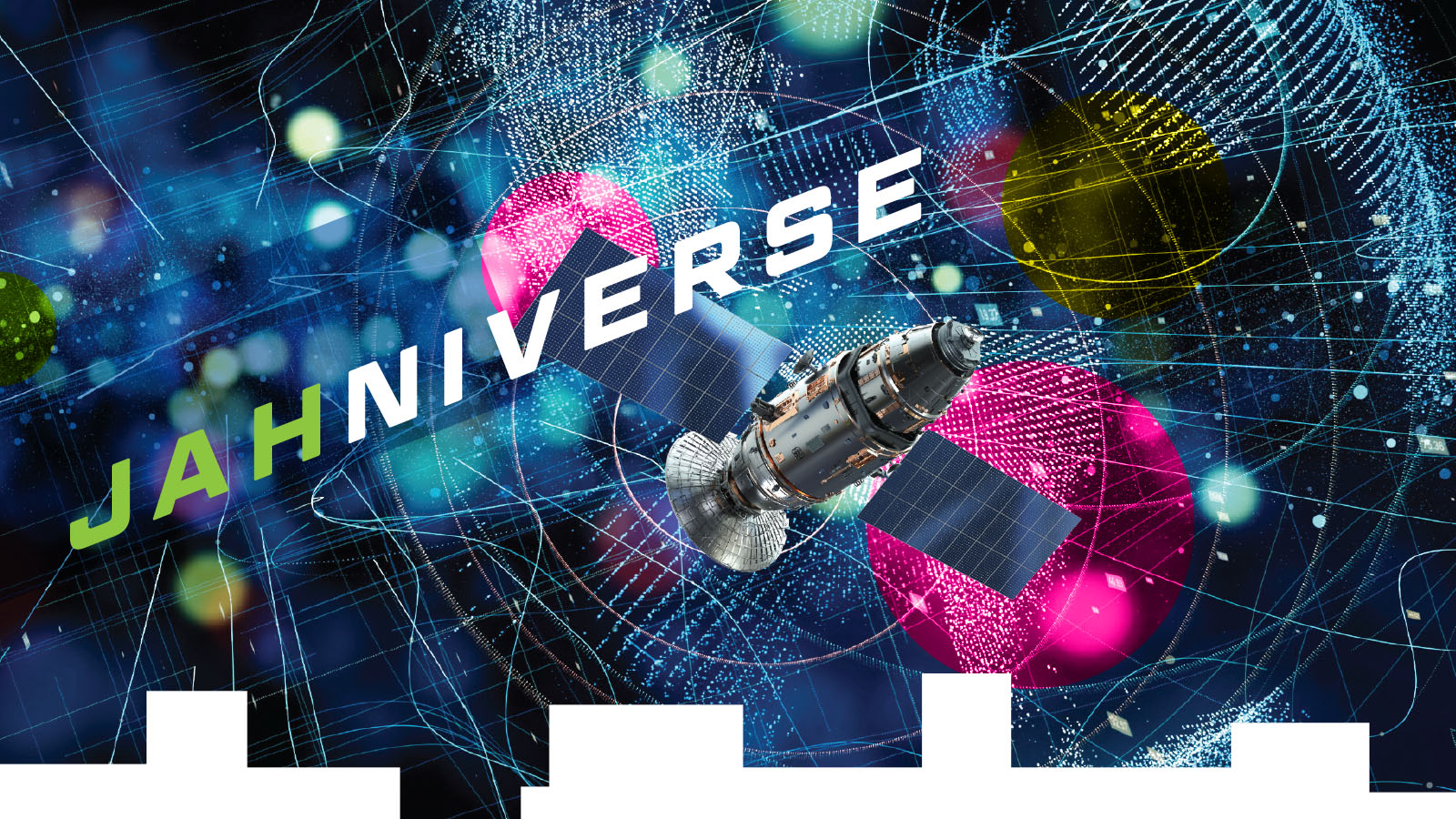Stay Up to Date
Submit your email address to receive the latest industry and Aerospace America news.
We Homo sapiens thought we were the pinnacle of natural evolution, but the rise of artificial intelligence suggests that our species is poised to start a profound transformation that we’ll need to manage wisely over a span of multiple generations.
This transformation will ultimately result in the birth of a new hominid through the convergence of humans and our machines. The first steps toward this synthesis are not a distant vision but an impending reality. The evidence for such a bold prediction lies in the fast-paced development of AI today and the quick embrace of it in our daily lives. Over the course of a matter of months, many of us have begun learning how to employ AI in our work, in our creative endeavors and to satisfy our curiosity.
This fast trajectory suggests that we humans will soon be willing to start incorporating AI into our physical selves. That, in turn, suggests that we will one day figure out how to ensure that these inorganic elements can be passed on to the next generation through birth, similar to how biological traits are passed on.
“In many ways we have already begun this process of controlling our own evolution with modern medicine [as] well as using culture to overwrite biology and navigate new social constructs,” says paleoanthropologist and author Genevieve von Petzinger.
Unlike purely biological evolution, which in essence counts on random mutations to produce potentially advantageous traits, this transformation will be guided by humans who are progressively more machinelike and, therefore, increasingly capable of almost unimaginable innovations. They will push our species toward a transformative threshold, a critical mass, beyond which Homo sapiens will no longer exist. We will have transformed ourselves into a new species that I will call Homo machina. Homo sapiens will, in a sense, be like the Neanderthals: They vanished, in part, by breeding with our ancestors, leaving their DNA in our modern genome.
We usually think of the demise of our species as a bad thing, but it doesn’t have to be so in this case. The union of human and AI has the potential to transcend our current limitations and open up possibilities beyond our imagination. Homo machina could engineer aircraft and spacecraft with unprecedented precision and efficiency, ushering in a new era of space exploration and travel. It could be the species that achieves interstellar travel and thrives in alternative, non-Earth-like environments. Our decision-making processes could become more grounded in facts and data, potentially reducing the susceptibility to misinformation and fake news.
For certain, there will be unexpected ethical, philosophical and practical challenges to confront along our transformative journey. Doing so will require recognizing the advantages of the symbiotic relationship between humans and machines. Rather than fearing the encroachment of AI, we must see its potential to enhance our cognitive and physical capacities. Our education systems should evolve to encompass not only traditional subjects but also the ethical and philosophical dimensions of merging with machines. As we transition into this new era, society should prioritize open dialogues, collaborations and transdisciplinary research that spans the realms of science, philosophy and ethics. We must acknowledge our impending extinction and actively engage in steering the emergence of our successor species toward a sustainable, beneficial result.
The trajectory described here might sound like a radical departure from the forces that have brought us to this point, but in reality, the opposite is true. The story of life on Earth has always been defined by change, adaptation and evolution. The fossils of our extinct hominid relatives bear witness to the ceaseless motion of existence. Archaeologists mark the emergence of a new hominid species in part by the tools its members used and the rituals they performed.
Now, it is our turn to step onto the evolutionary stage and define the characteristics of Homo machina. We must ensure that the transition ahead is marked not by fear or resistance — but by wisdom.
About Moriba Jah
Moriba is a professor at the University of Texas at Austin and chief scientist at Privateer. He helped navigate spacecraft at NASA’s Jet Propulsion Lab and researched space situational awareness at the U.S. Air Force Research Laboratory, and is an AIAA fellow.
Related Posts
Stay Up to Date
Submit your email address to receive the latest industry and Aerospace America news.




